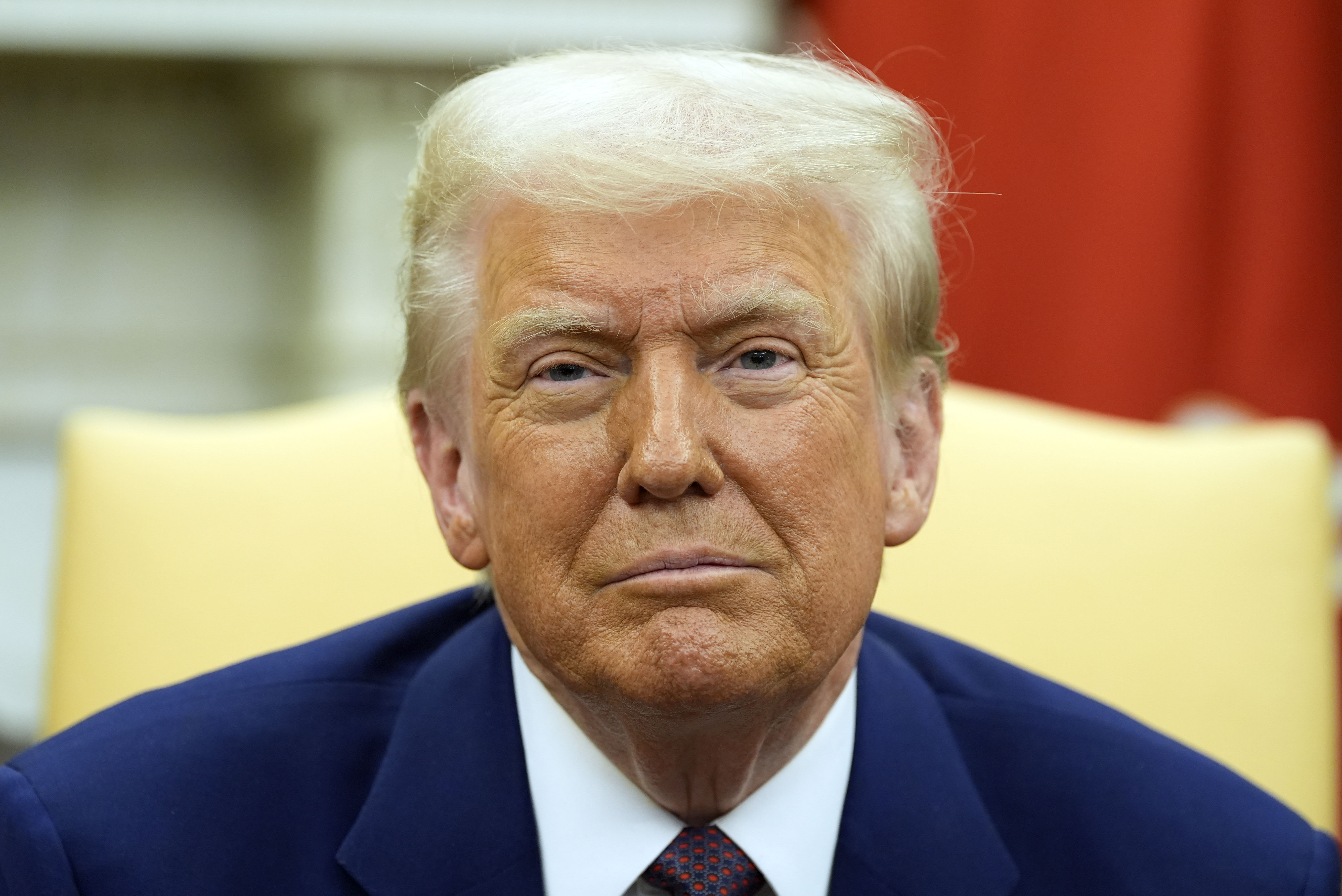Tariff Tensions: Trump's Global Trade Strategy
Explore how former President Trump's reciprocal tariffs aim to reshape international trade dynamics, with significant implications for the US and global economies.
Published February 15, 2025 - 00:02am

Image recovered from marketbeat.com
In a bold move to recalibrate the trade balances and enhance domestic economic stability, former President Donald Trump has announced a series of reciprocal tariffs, signaling an assertive approach towards international trade. These tariffs, aimed at aligning with rates imposed on American goods by other nations, have sparked widespread discussion and concern about their potential impacts on the global economy. Trump's strategy is not without controversy, as experts warn of the possible ramifications these trade policies might have on inflation and economic growth.
Trump's declaration outlines a scenario where the United States would impose tariffs equivalent to those levied by its trading partners. This plan, intended to equalize competition between US and foreign manufacturers, is seen by the administration as a crucial step in addressing long-standing trade disparities. However, financial experts caution that such tariffs could essentially act as a tax hike on American consumers, leading to increased prices and exacerbating inflationary pressures.
The proposed tariffs are set to impact various sectors including steel, aluminum, automotive, and pharmaceuticals, with significant potential to alter trade relations with key partners such as Canada, Mexico, the European Union, and China. Each of these nations has prepared countermeasures in response to the US's aggressive trade stance. China, for instance, has already retaliated with its own tariffs targeting American industries.
A notable aspect of Trump's tariff plan is its targeted approach, which implies that tariffs would be customized based on the trade deficits with individual countries. This methodology is intended not only to encourage renegotiation of trade agreements but also to compel economies with higher tariffs on American goods to reconsider their stances.
Within this framework, countries like Italy and broader EU members have expressed heightened concern. Italy's Prime Minister, Giorgia Meloni, initially advocated for a dialogue-driven approach with Trump to prevent a trade conflict. However, faced with imminent tariffs, Italy has now aligned with the European Union's stance, preparing potential retaliatory tariffs in response.
The Trump administration's tariff initiative is being scrutinized for its timing and potential impacts on the US economy. The proposed changes come amid a fragile economic recovery, with hopes pinned on reducing national trade deficits while simultaneously reviving domestic manufacturing sectors. Yet, the risk of sparking a global trade war poses a significant challenge. Such a conflict could stifle investment opportunities and dampen economic growth, leaving consumers to bear the brunt of rising living costs.
Despite criticism, Trump remains steadfast, arguing that these tariffs are a necessary recourse to safeguard national economic interests. His administration believes that these measures, in conjunction with other economic policies, could eventually restore equity in international trade and reinforce the US's economic position.
This recalibration of the US's trade policies also opens room for scrutiny regarding its implications for international geopolitical relationships. Trump's tariffs, seen as part of a broader strategy to assert US economic dominance, might strain diplomatic ties and complicate collaborations on global issues, particularly at a time when unified approaches are necessary for addressing shared challenges like climate change and security concerns.
As these tariffs set the stage for a redefined international trade environment, stakeholders across industries and countries are closely monitoring their implementation and outcomes. The realignment of trade relationships initiated by Trump's decisions could usher in new dynamics, influencing economic policies worldwide while testing the resilience of global trade agreements.






